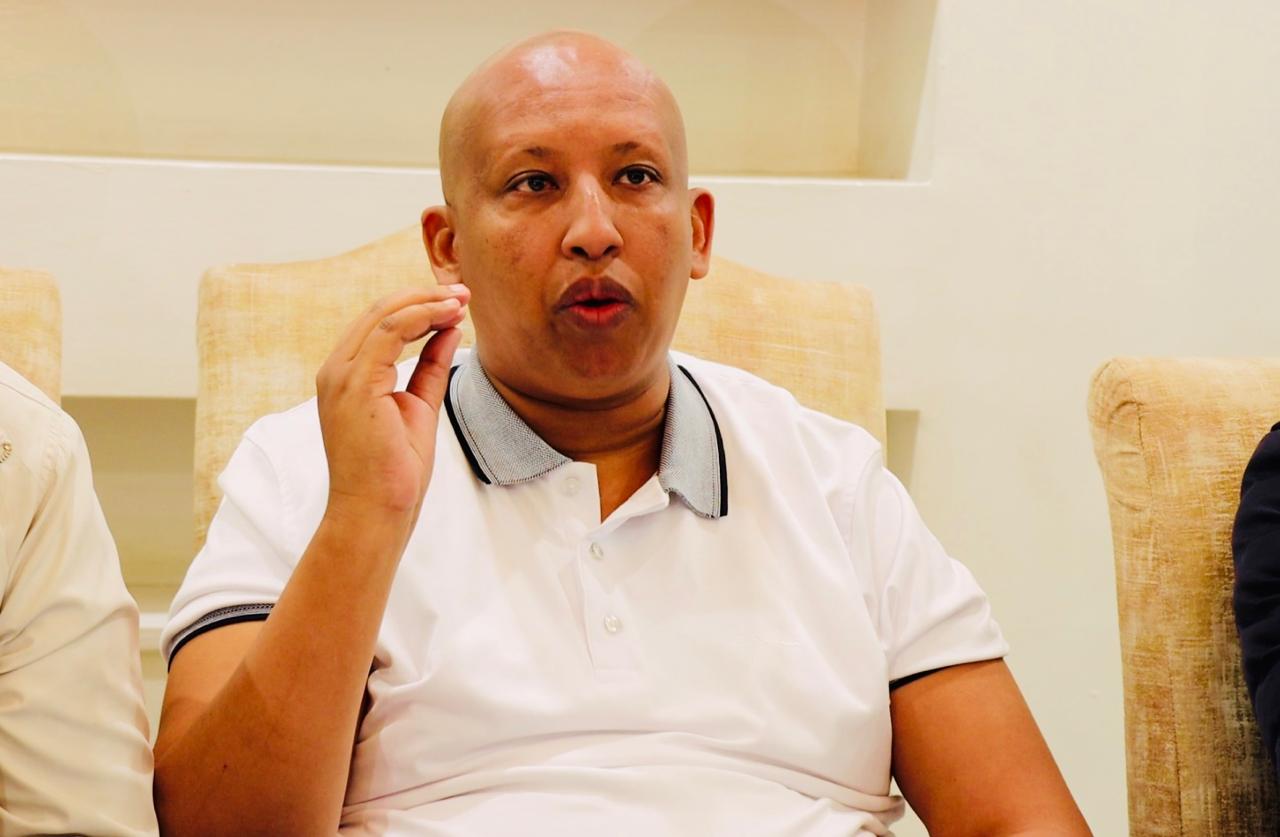Last Friday, Sudi spearheaded an economic empowerment initiative in Uasin Gishu County, distributing goods worth Sh45 million and hosting a Sh100 million fundraiser for local development.
The donations included 100 motorcycles, two vehicles, 400 sewing machines, 500 car wash machines, maize milling posho mills, milk cans, water tanks, egg and sausage vending kits, and deep fryers.
Deputy President Kithure Kindiki, who attended the event alongside other top political leaders, emphasized that the Sh45 million came from Sudi’s own pocket and contributions from friends — not public funds.
However, some opposition leaders, led by former Deputy President Rigathi Gachagua, questioned the timing and optics of such a massive donation drive, especially as many government sectors, like education, grapple with funding shortfalls.
Speaking in Garissa town on Sunday, Maalim called out the critics, arguing that Sudi’s initiative directly targets grassroots communities — particularly people with disabilities (PWDs), women, and youth — who are often overlooked by national policies.
“My heart was filled with joy when I saw PWDs, women, youth, and the elderly being empowered,” Maalim said.
“Among them were mama mbogas, boda boda riders, carpenters, shoe shiners, and small traders — the real drivers of Kenya’s grassroots economy. Surely, what better way to uplift your people than this?”
He urged politicians to move beyond mere political rhetoric and invest in meaningful programs that uplift lives at the grassroots level.
“Instead of criticising Sudi, my free advice is to borrow a leaf from him and empower your people. Leadership is about transforming lives, especially for the less fortunate,” he said.
Maalim also dismissed what he termed as double standards in scrutinising local donations, noting that Kenya routinely receives aid from foreign philanthropists without questioning their sources.
“Every other day, we receive donations from foreign philanthropists and never ask the source of their money. Yet, when Sudi acts as a philanthropist, we suddenly start criticising. We need to stop this hypocrisy,” he said.
He added that the empowerment initiative has already transformed lives in marginalised communities.
“For the first time, we feel seen and heard through Sudi’s programme, which has benefited many of our members. They’ve received start-up capital and vital equipment for their businesses. This kind of empowerment restores dignity and independence,” he said.
Maalim also challenged political leaders in the North Eastern region to initiate programmes that will improve the living standards of their constituents, stressing that PWDs are often the most affected.
“Despite constitutional guarantees and national development goals promising inclusion and equity, many PWDs in this region still face extreme poverty, unemployment, and exclusion from key economic opportunities,” he said.
He called on the Government of Kenya, relevant ministries, and Members of Parliament — particularly those from North Eastern constituencies — to take urgent action to economically empower PWDs.
Maalim also urged for political goodwill to ensure the full implementation of the new Persons with Disabilities Rights Act, signed into law by President William Ruto last month.
The law replaces the Persons with Disabilities Act (Cap. 133) and adopts a rights-based approach to disability.















